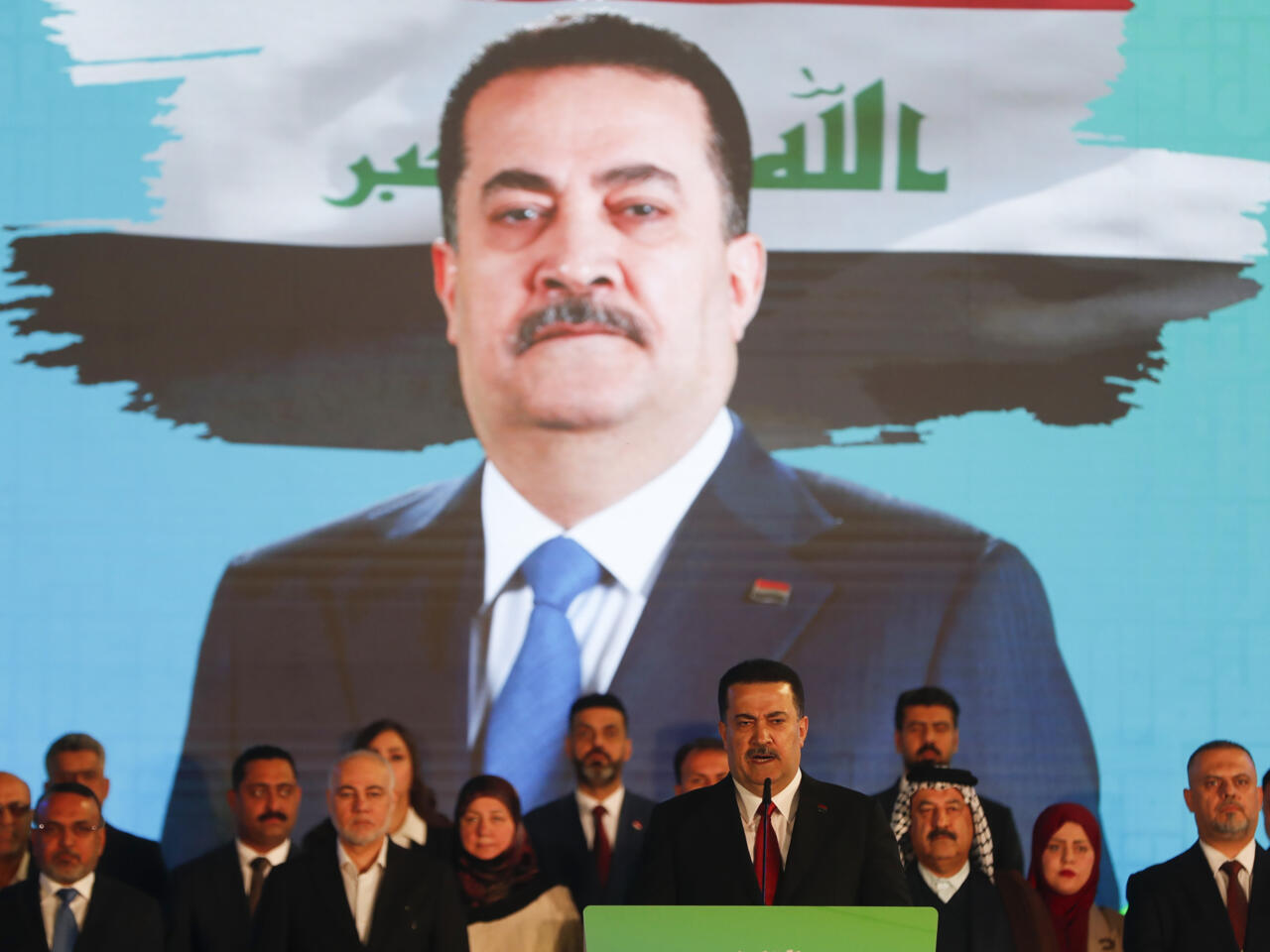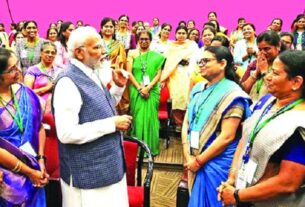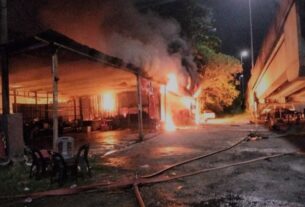Iraq’s incumbent Prime Minister, Mohammed Shia al-Sudani, claimed victory in the country’s general election yesterday, as preliminary results showed his coalition securing a clear lead. Supporters gathered in Tahrir Square, Baghdad, celebrating with fireworks and music late into the evening, marking a rare moment of optimism in a nation long plagued by conflict.
In a televised address, Sudani described the win as a triumph for all Iraqis. “Congratulations to the Iraqi people on your coalition winning first place in the parliamentary elections,” he said. On social media, he expressed heartfelt gratitude to citizens for their support of the ‘Reconstruction and Development’ coalition, which emerged as the front-runner.
The election, held on Tuesday, took place amid relative calm in a region often rocked by turmoil. Yet, the challenges ahead remain immense: Iraqis are looking for tangible improvements in jobs, infrastructure, education, and healthcare, while the next government must carefully navigate relationships with both Iran and the United States.
Preliminary results released by Iraq’s electoral commission show Sudani’s coalition receiving over 1.3 million votes, approximately 217,500 ahead of the nearest rival. Voter turnout was significant, with more than 12 million of 21 million eligible Iraqis participating, despite calls for a boycott by influential Shiite cleric Moqtada Sadr. While vote counts by province are now available, parliamentary seat allocations will be confirmed later.
Sudani’s victory, though promising, is only the beginning. Forming a government in Iraq typically requires coalition-building, as no single party has ever secured an outright majority in parliament. Traditionally, the prime ministership goes to a Shiite, the parliament speaker to a Sunni, and the largely ceremonial presidency to a Kurd, requiring careful negotiation among factions.
Having risen to power three years ago through the Coordination Framework, Sudani has transformed Baghdad into a bustling hub of construction, with new bridges, tunnels, and public projects. His supporters see him as a stabilizing force, shielding Iraq from regional unrest. However, critics argue that many challenges—corruption, mismanagement, and limited public services—remain unresolved.
As Iraq embarks on the next chapter of its democratic journey, Sudani’s pledge to continue “reconstruction and development” will be tested against the hopes and expectations of a population longing for stability, growth, and opportunity.
This election may have been won, but Iraqis will watch closely to see if change truly reaches their streets, schools, and workplaces—beyond the fireworks and celebrations in Baghdad’s squares.





